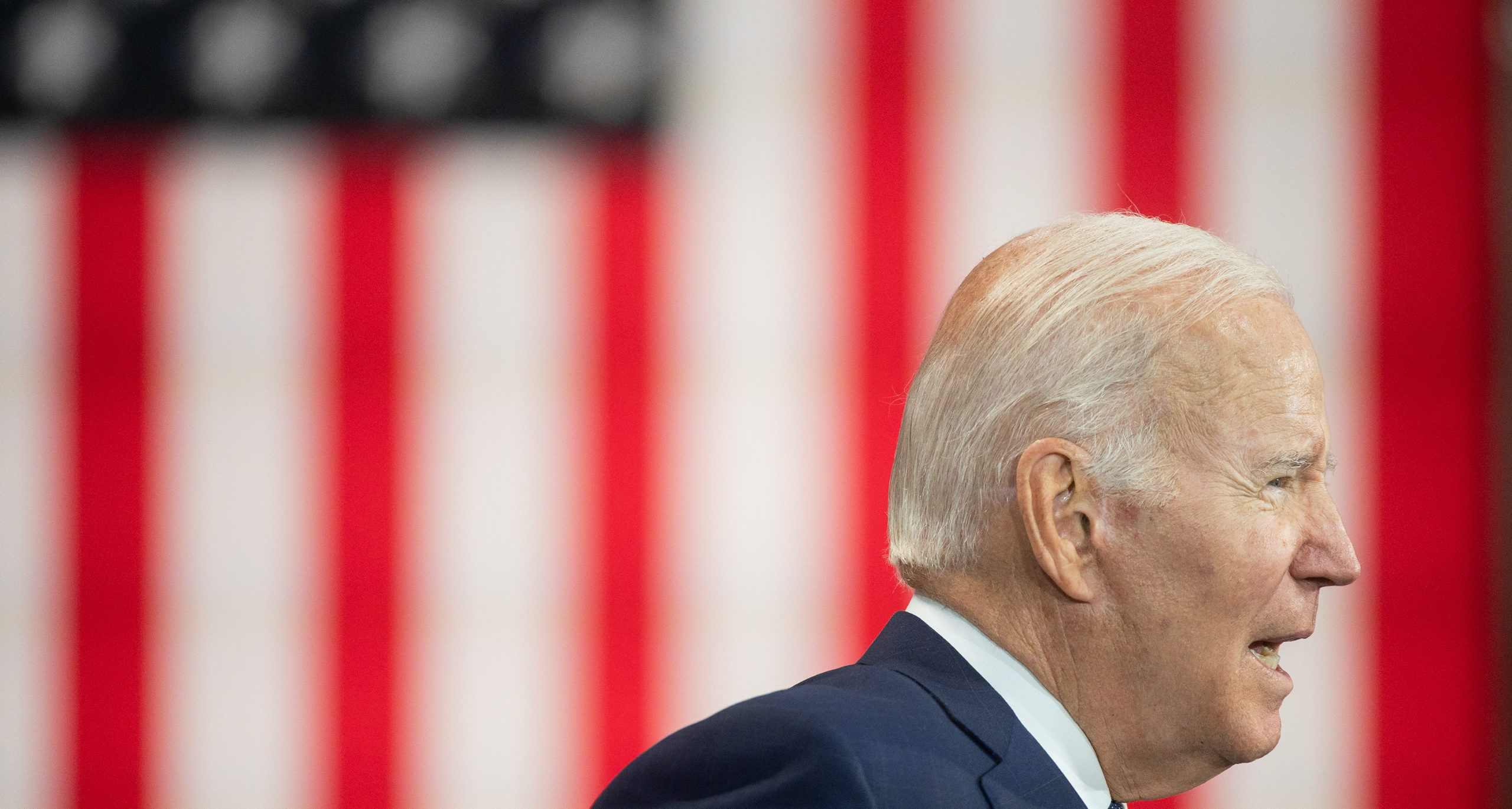The United States recently moved to severely restrict the export of advanced semi-conductors to China. At first it may appear odd that America would engage in export bans of this type. For one, China is America’s second largest export market for semiconductors, making up almost 15% of total exports. But the ban also seems to fly in the face of America’s self-identity as a nation that promotes and benefits from global commerce.
When explaining the policy to the world, the United States did not ask the Secretary of Commerce to speak. Rather, National Security Adviser Jake Sullivan stepped into the breach. Economic considerations did not appear to be at the top of his agenda. Indeed, Sullivan instead pivoted to rhetoric that harkens back to the old Cold War.
“The Peoples’ Republic of China’s assertiveness at home and abroad is advancing an illiberal vision across economic, political, security, and technological realms in competition with the West,” Sullivan said. “It is the only competitor with both the intent to reshape the international order and the growing capacity to do it.”
America fears China. There is no other way to read Sullivan’s statement. Not simply does it fear China, but it is willing to tear up the playbook to fend off what it sees as the threat from China. Unlike Russia, China has not invaded another country. Yet the Biden Administration is imposing what are effectively sanctions on China. This is erratic behaviour — and no doubt the rest of the world is watching and wondering what might provoke the United States to sanction them.
The ban itself is both highly punitive and likely to be counterproductive. Not only does it ban the export of American-made semiconductors to China, it also places licensing requirements on foreign-made chips that use American tools and software in the design and manufacturing process. The incentive this creates for other countries is obvious: for a broad, unrestricted market for one country’s chips, it needs to switch from American tools and software to alternatives.
The legislation also places restrictions on American citizens from working with Chinese chip manufacturers. This means that Americans will be less incentivised to go into the semiconductor business. After all, why put the time and effort in to build a career if it can be demolished with a stroke of the President’s pen? Foreign talent, meanwhile, will be at a premium.
The legislation will also negatively impact American R&D in chip development. Economist David Goldman estimates that the damage to capital investment in the industry caused by the ban will be five times the size of the modest subsidies. The industry itself is already a laggard. Recent legislative attempts to shore up the industry, like the CHIPS Act, have been stymied by lobbying pressures in DC. “Taking the long view, CHIPS might have been a great policy solution twenty-five years ago,” writes Julius Krein, “but amid the current American postindustrial landscape, it is probably too little, too late, on its own.”
America increasingly looks like it is waking up to the new multipolar world and reacting fearfully. Rather than assessing this new world and trying to find a place in it, the country appears to be trying to wish it away with aggressive but ultimately futile legislative interventions. “Our goal is not to force our partners to fall in line with us on every issue,” Jake Sullivan said in his speech, “and we will not carve the world into rigid blocs”. In fact, America appears to be trying to do both. But it is vastly overestimating its power to achieve either.
A few days after the legislation was announced, German Chancellor Olaf Scholz announced that decoupling from China is the “wrong answer” and locked in a trip to Beijing in November. This is the sensible path, and one that America should follow too.











Join the discussion
Join like minded readers that support our journalism by becoming a paid subscriber
To join the discussion in the comments, become a paid subscriber.
Join like minded readers that support our journalism, read unlimited articles and enjoy other subscriber-only benefits.
Subscribe